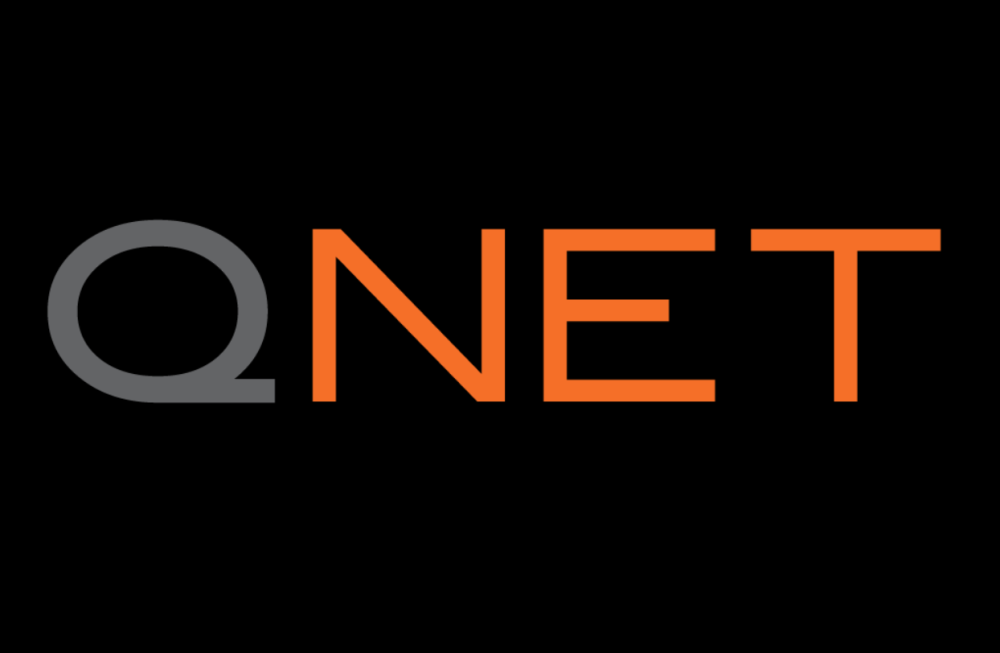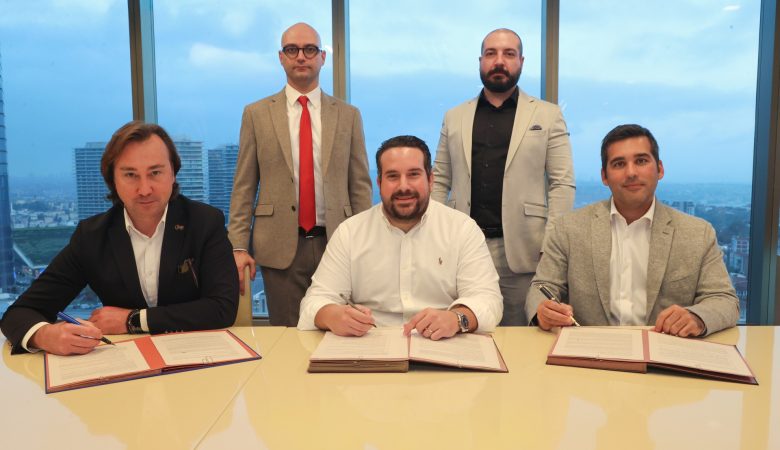Short answer: QNET has built out formal compliance policies, distributor training, and refund processes typical of established direct-selling companies. In West Africa, the company is also working with relevant authorities pushing for clearer industry rules to combat fraudsters who misuse its name. Whether that adds up to “ethical” depends on rigorous local enforcement and how consistently these safeguards are applied in practice.
QNET is a lifestyle and wellness-focused direct-selling company that distributes wellness, personal care, home technology, education and lifestyle products via an independent distributor network rather than traditional retail. Industry context matters here: the global direct-selling market was about $167.6–$167.7 billion in 2023, according to the World Federation of Direct Selling Associations (WFDSA). That figure frames the opportunity—and the temptation for bad actors who impersonate legitimate firms.
Inside QNET’s Compliance Playbook
QNET publishes compliance guidance that lays out what’s permitted in sales and marketing, including rules against income misrepresentation and deceptive product claims. The company also runs QNETPRO, an online certification program designed to train distributors on professional standards and responsible messaging before they begin prospecting. QNET highlights uptake of this certification among its leading field representatives.
On the product-education side, QNET offers qLearn courses and micro-credentials covering business management, leadership and related topics, delivered via a learning management system with partner accreditation. While these are not substitutes for regulatory licenses, they do provide an internal track for capability building that can be audited. For ethics specifically, what matters is whether training covers compliant claims and customer protection—not just sales tactics—which QNET’s certification programs do.
To demonstrate alignment with international standards, QNET also maintains membership in several national and regional Direct Selling Associations. These include Malaysia’s DSAM, Singapore’s DSAS, the Philippines’ DSAP, the Direct Selling Association of the UAE, Turkey’s Dogrudan Satis Dernegi, and Indonesia’s AP2LI. Such affiliations require companies to commit to codes of conduct on transparency, fair marketing, and consumer protection, signaling that QNET is subject to external checks beyond its own internal policies.
What Protections Do Customers and Distributors Actually Get?
For customers, QNET discloses a refund process that requires requests within a defined grace period, ID verification, and an administration fee. The company also explains refund timelines—for example, card refunds can take up to 30 business days in some markets. For distributors, QNET states that resignations can be submitted with 30 days’ written notice, though registration fees are not refunded.
Clear, published processes are preferable to ad-hoc resolutions, and the presence of a time-bound refund channel and defined distributor exit path are baseline protections in this model.
Scams on the Ground and the Fight for Regulation in West Africa
Much of QNET’s reputational risk in West Africa doesn’t come from its catalog or compensation plan on paper, but from impersonation by third-party scammers who sell fake jobs, visas, or scholarships under a “QNET” banner. In September 2025, MyJoyOnline reported QNET executives calling for a Direct Selling Act and a local Direct Selling Association, arguing that clarity would protect consumers and make it easier to shut down misrepresentation. The same report notes collaborations with Ghana’s Economic and Organised Crime Office (EOCO) and the Ghana Police Service for awareness and enforcement support.
Those calls mirror messaging at V-Convention events covered by Vanguard and Guardian Nigeria. QNET leaders argued that Nigeria is missing out on the $167.7 billion global market while scammers and weak rules deter investment. They also pointed to the Direct Selling Association of Nigeria, incorporated in 2024 but not yet active; QNET argues that a functioning association plus a statute like Malaysia’s Direct Selling Act would give regulators, consumers, and companies a common rulebook.
Beyond advocacy, there are operational tie-ins. In Ghana, EOCO announced a partnership with QNET to fight job fraud and human trafficking, and QNET is also pursuing memoranda of understanding with regulators in Nigeria to address “job-scam syndicates.”
The company also tracks its own enforcement activity. In 2024-25, QNET aided various West African law enforcement agencies in prosecuting over 150 people for brand misuse-related fraud, and helped nearly 400 victims recover funds or return to their home countries. These figures demonstrate that the company is not only lobbying for regulation but actively participating in legal processes and victim support.
Balancing Safeguards with Real-World Risks
Here’s a pragmatic way to think about it:
- Policies and training are in place. QNET publishes compliance rules, runs certification (QNETPRO), conducts regular product and business training, and offers structured online education products (qLearn). These are the elements you’d expect from a company seeking to align with best practices in direct selling.
- Customer and distributor protections exist on paper. Refund, cooling-off and resignation policies are documented. Transparency about admin fees and timelines is important; customers and reps should verify local terms at purchase or enrollment.
- Impersonation scams have been a persistent problem in West Africa. QNET is advocating for laws and associations to police the space and has initiated collaborations with Ghana’s EOCO and Nigerian regulators.
Final Takeaway
QNET meets many of the formal requirements you’d look for: published compliance standards, training and certification, and defined customer/distributor protections. In frontier markets where frauds piggyback on brand recognition, the company is publicly advocating stricter legislation and partnering with enforcement. This is a positive signal, provided partnerships translate into fewer victims and faster takedowns.
If you’re a prospective customer or distributor, the ethical choice is to verify through official QNET channels only, avoid anyone promising visas or jobs, and rely on the written refund and resignation procedures, not WhatsApp screenshots or verbal assurances.





